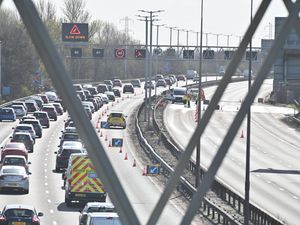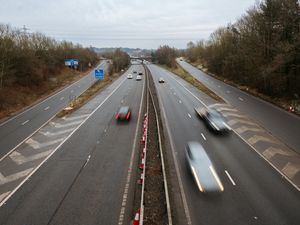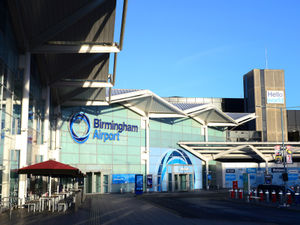Call for electrification of West Midlands rail lines
Urgent investment is needed on West Midlands railway lines if the Government is to meet its own emissions targets, a campaign group has claimed.

The Campaign for Better Transport (CBT) said a rolling programme of electrification was vital for the UK to meet its target of reaching net-zero carbon emissions by 2050.
The comments follow latest figures from the Office of Rail and Road (ORR), which show just 38 per of the network is able to carry electric trains.
Separate ORR figures show 142 million gallons of diesel were used by passenger and freight trains in 2019/20.
A number of railway lines across the West Midlands are served by diesel-only trains, including the Wolverhampton-Shrewsbury offshoot of the West Coast mainline, and the line from Birmingham Snow Hill to Kidderminster, via Stourbridge Junction.
The Welsh Marches line through Shropshire also relies on diesel services.
The group said electrifying such lines could cut carbon dioxide emissions, improve journey times and reduce maintenance costs.
A number of electrification plans in the Midlands were dropped or downgraded in July 2017 by then transport secretary Chris Grayling amid concerns about rising costs.
'Cleaner'
But proposals to modernise the Wolverhampton-Shrewsbury link appear to be back on the agenda after Network Rail, the state-owned company responsible for managing Britain’s railways, recommended in July the work should go ahead.
It made the recommendation after being asked by the Government to draw up a plan to reduce dependence on fossil fuels.
Responding to a question from Shrewsbury and Atcham MP Daniel Kawczynski, transport minister Chris Heaton-Harris said Network Rail was now working on a more detailed plan which would be considered towards the end of the year.
CBT chief executive Paul Tuohy said: "Transport is responsible for more carbon emissions than any other sector.
"Rail travel has rightly been regarded as a cleaner alternative to the private car, but now we need to replace diesel trains with greener alternatives to make it even more sustainable. In many cases, including the Shrewsbury-Wolverhampton line, this will mean electrification.
"Only 38 per cent of the railway is currently electrified. A rolling programme of electrification would enable more sustainable travel, create jobs and help the economy to recover. We need a rolling programme of electrification to meet the Government's net zero targets."
Mr Tuohy added that many communities were unable to access the rail network. He called for new rail lines and stations, as well as the reopening of ones which had closed, saying that could transform these places.
"Now more than ever, we need investment in rail infrastructure," he said. "Not just to enable more sustainable travel, but to create jobs, tackle social exclusion and help the economy to recover."



